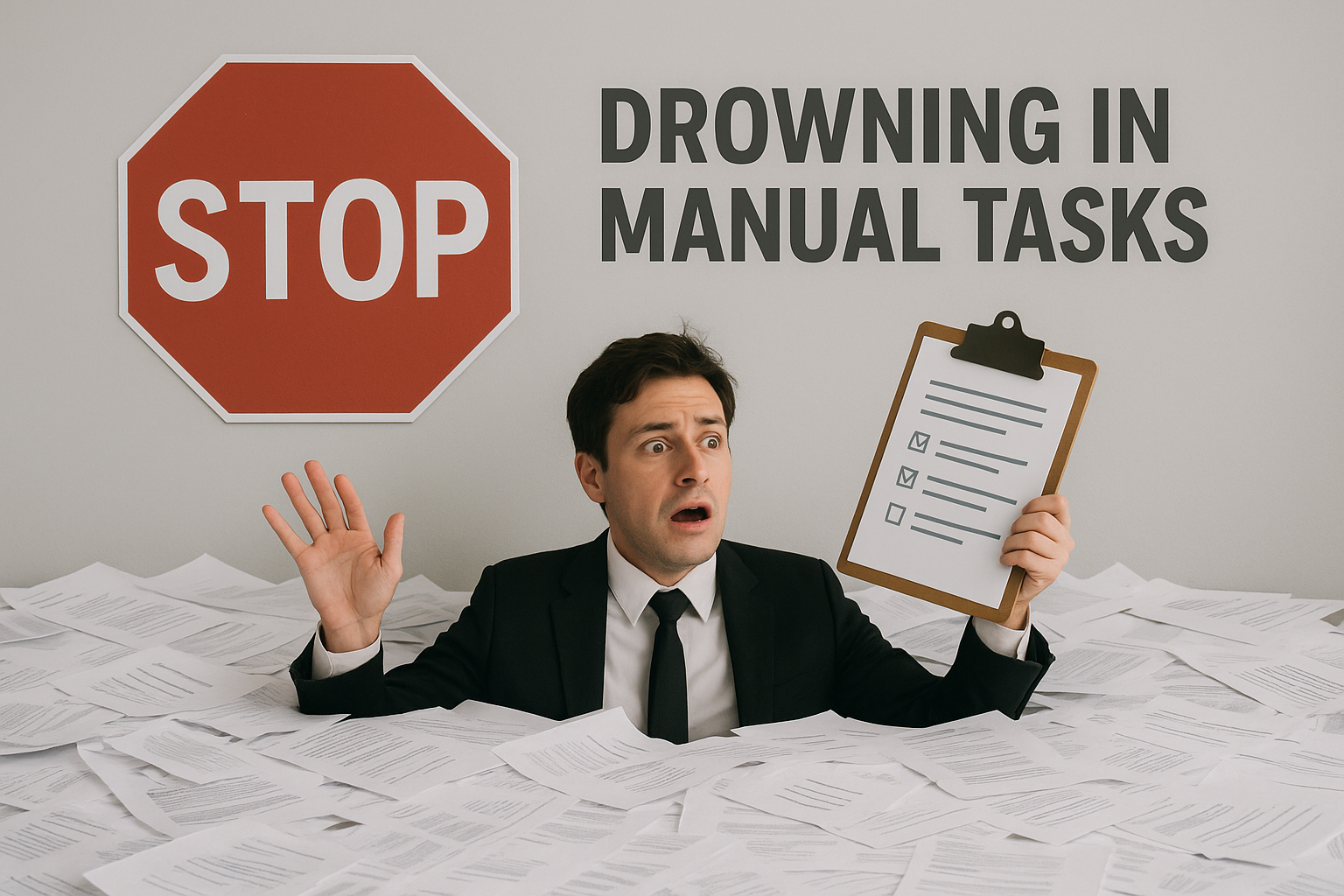Using the ATO's small business benchmarks

The ATO has updated its small business benchmarks for 2021-22. These benchmarks help taxpayers compare their business turnover and expenses with other small businesses in the same industry.
ATO Business Performance Check Tool
Taxpayers can access the benchmarks on the ATO's website, and then calculate their benchmark using the ATO app 'Business performance check' tool click here. These benchmarks include performance benchmarks such as a cost of sales to turnover and also total expenses to turnover. There are also input benchmarks which apply to domestic trade work.
The ATO's benchmarks can get quite detailed. For example, the ATO has a benchmark for bricklayers in terms of the average number of bricks they use per average type of job. Currently the ATO benchmarks incorporate over 100 industries. The relevant benchmark to be used by a taxpayer depends on which of those industries that they do fall within. Small business can use the ATO benchmarks as a tool to measure the likelihood of the ATO questioning amounts that have been reported on either their income tax return or business activity statements. If a taxpayer falls outside those relevant benchmarks, the ATO may look to have a look at their affairs in which case the taxpayer will be required to explain why their figures fall outside the ATO benchmarks.
Example
For example, consider Deb who runs a pizza shop as a sole trader. She would like to track her business against other pizza shop businesses, and see how she can improve. Deb downloads the ATO app and opens the 'Business performance check' tool. She uses this tool to work out the cost of sales to turnover benchmark for her pizza shop. It is within the higher end of the range and above the average for pizza shop businesses. Deb works out her main supply costs. She then negotiates a better deal to reduce her business expenses and improve profit.
ATO reverse engineers sales figure to increase taxpayer's income & why good records are important
The ATO can use these benchmarks as an audit selection tool for the majority of cases. The ATO can also use the benchmarks to make audit adjustments. A recent tribunal decision concerned a taxpayer that had insufficient records to support the level of income that they were declaring as part of their income tax returns. The ATO used the cost of goods to sales benchmark ratio to effectively reverse engineer a sales figure and increase the taxpayer's income in accordance with that benchmark. Despite protests from the taxpayer that the business's true cost of goods to sales ratio was consistently higher than the benchmark used by the ATO, the taxpayer unfortunately unable to provide records of what that correct figure should have been. This did not result in any variation from the ATO's assessment. Taxpayers need to prove not only that an ATO's assessment is excessive or incorrect but also need to show what that actually was by providing accurate evidence to support all business income and expenses, including cash receipts and payments. If the taxpayer doesn't have the records they can't prove the ATO's assessment is excessive or incorrect. That is why good record keeping is essential and it is a good idea to check your business performance to the ATO's benchmarking to see if there are any explainable issues
Need Help with your Business, Bookkeeping, Tax or SMSF requirements?
If you would like a little help, please get in touch with us for assistance. We can help with your business, bookkeeping, tax and SMSF requirements.
Please also note that many of the comments in this publication are general in nature and anyone intending to apply the information to practical circumstances should seek professional advice to independently verify their interpretation and the information’s applicability to their particular circumstances. Should you have any further questions, please get in touch with us for assistance with your SMSF, business, bookkeeping and tax requirements. All rights reserved. Brought to you by RGA Business and Tax Accountants. Liability Limited by a scheme approved under Professional Standards Legislation.









